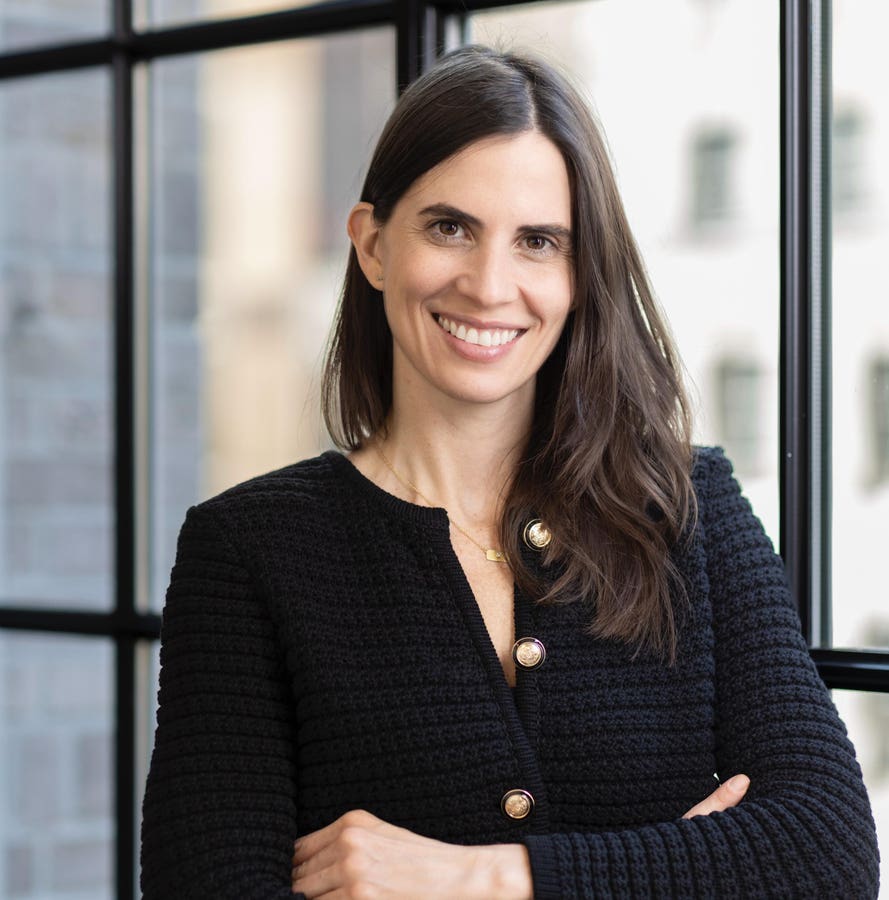Amazon Web Services (AWS) recently launched the Computer for Climate Fellowship in partnership with UNESCO to support climate startups focused on cutting-edge science that require costly high-performance computing power to develop proof of concepts (POCs). The program provides funding for entrepreneurs working in areas such as clean energy, low-carbon transportation, carbon removal, and sustainable agriculture and food. The first cohort of the fellowship includes four startups that are currently working on creating their POCs over a two-to-three month period by utilizing AWS technology and expertise in quantum computing, high-performance computing, artificial intelligence, machine learning, and generative AI.
The startups selected for the fellowship received credits to cover the costs of using AWS cloud and other services amounting to a total of approximately $1 million. One of the startups in the program is Realta Fusion, a company based in Madison, Wisconsin, that is developing compact magnetic mirror fusion energy systems to decarbonize industrial heat and power. Realta is working on a plasma stability simulation, which is essential for fusion power plants but usually requires access to specialized supercomputers. With the help of AWS cloud resources, Realta will be able to speed up their work by using interconnected CPUs and GPUs for high-performance parallel computations.
Coastal Carbon, another startup in the fellowship, is based in Canada and focuses on using AI-driven measurement platforms to track and measure underwater vegetation growth and carbon sequestration using satellite imagery. Their POC aims to train satellite-agnostic models to identify and quantify ocean blue carbon, potentially increasing ocean monitoring and data collection capacity significantly. Phytoform, a UK-based company, utilizes biotechnology, AI, and agriculture to develop crop genetics that create more climate-resilient plants. Their POC involves enhancing the accuracy of their plant genetics insights platform to evolve new crop characteristics for climate resilience. Xatoms, a water treatment startup, is using AI and quantum computing to discover molecules that can purify polluted water. They are working on developing an AI algorithm to analyze chemical data and simulate water-purifying molecules.
The fellowship program not only supports these startups in developing their POCs but also opens up new opportunities for AWS by potentially attracting a new customer base interested in utilizing cloud resources for complex scientific work, instead of relying on specialized supercomputers. Applications for the next cohort of the fellowship are currently open until May 17, with selected startups gaining POC support in 2024. Through the Computer for Climate Fellowship, AWS is demonstrating its commitment to supporting innovative climate startups and leveraging cloud technology as a force for positive change in addressing complex environmental challenges.













